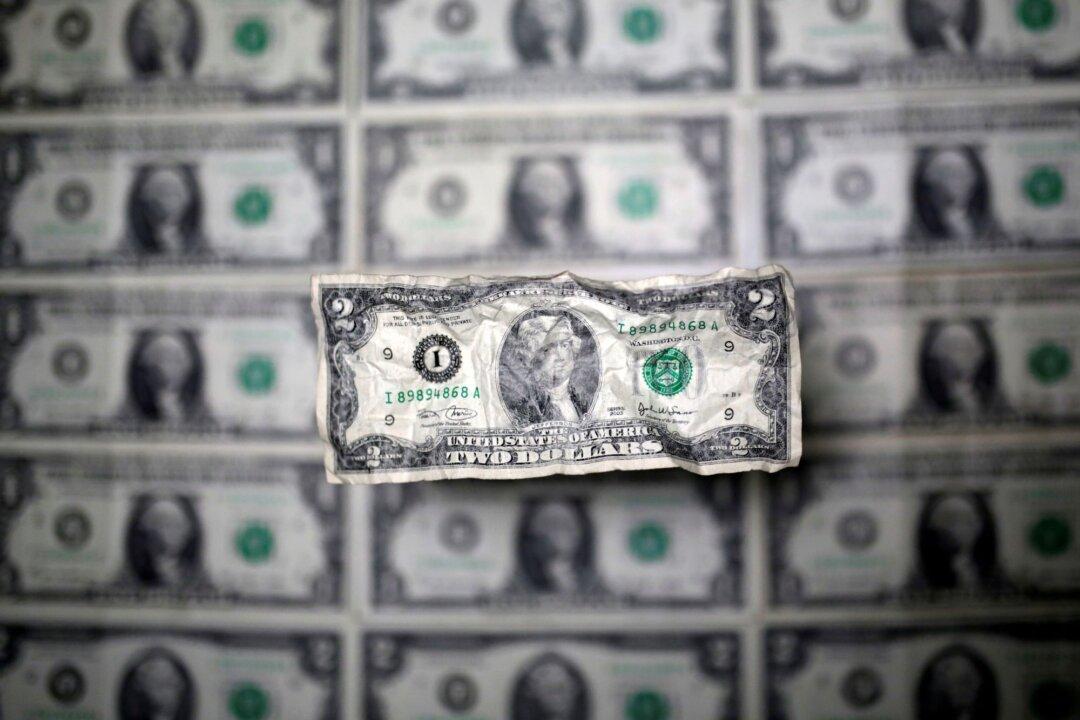JOHANNESBURG—In June 2023, Turkish security forces seized $1 billion of counterfeit money in Istanbul and arrested six people, including one Ghanaian and three Swedish citizens.
The counterfeit haul was the largest in Turkey’s history.

The counterfeit haul was the largest in Turkey’s history.